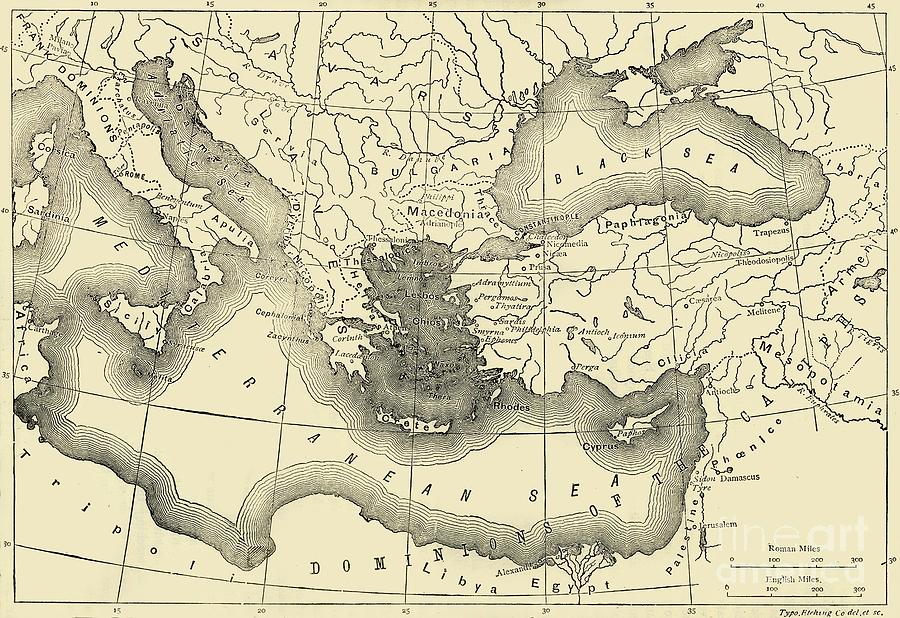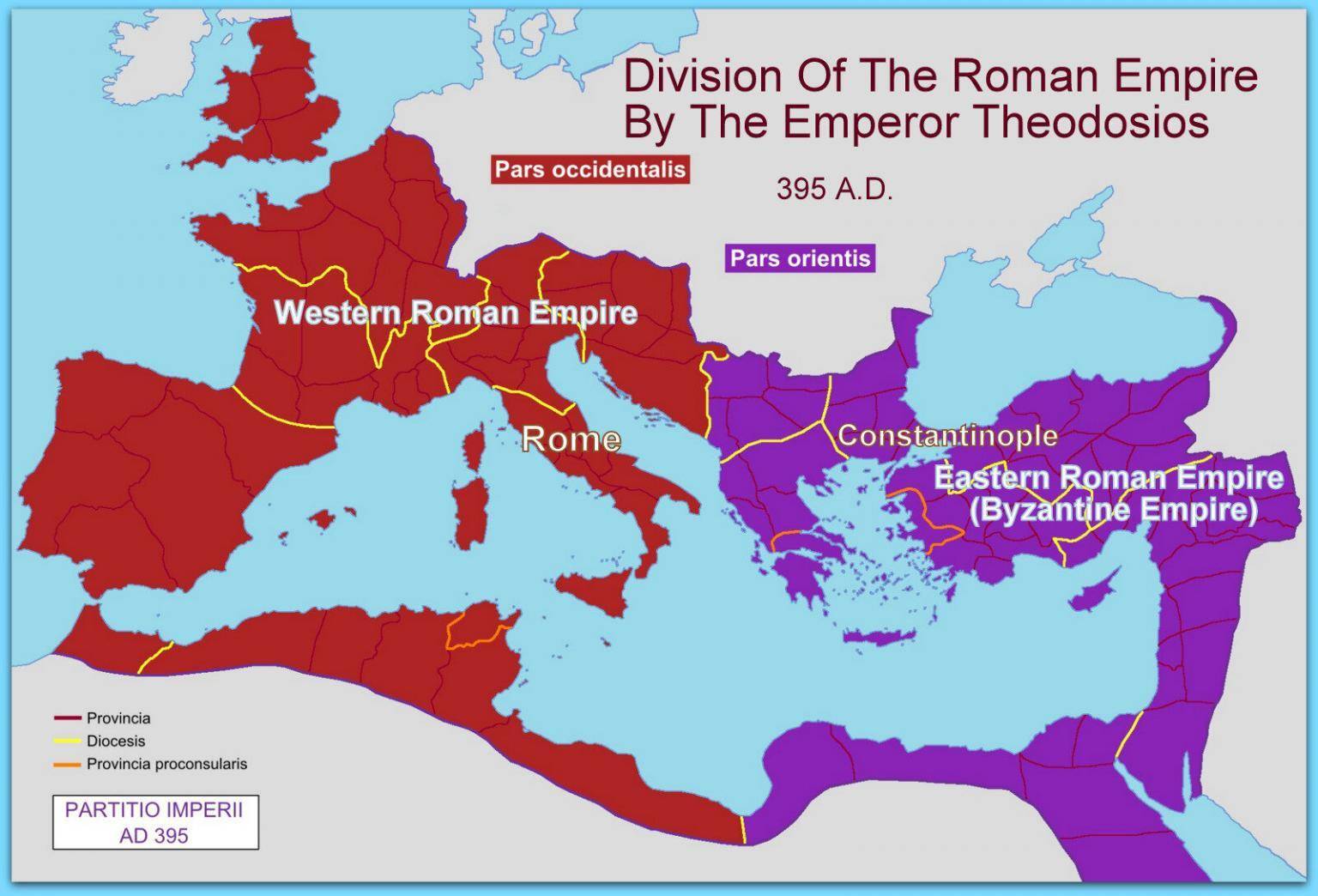Byzantine Empire Drawing
Byzantine Empire Drawing - Venerated in churches, public places, and private homes, they were often believed to have protective properties. Web for over a thousand years, those within the byzantine empire art period created numerous magnificent works to captivate the senses of the audience and transcend them to a higher spiritual realm. Koraës professor emeritus of byzantine and modern greek history, language, and literature, king's college, university of london. Web the byzantine empire’s mosaic art is anchored in rich traditions that evolved from the roman empire. Web it presents life in byzantium through approximately 170 works of art dating from the inception of the empire to its close. The byzantine empire was a vast and powerful civilization with origins that can be traced to a.d. Drawn from collections throughout greece, they include sculpture, mosaics, icons, frescoes, manuscripts, metalwork, jewelry, glass, embroideries, coins, and ceramics. It is often called the eastern roman empire or simply byzantium. Web published on 08 december 2017. The early byzantine from c. It is often called the eastern roman empire or simply byzantium. Ancient and byzantine mosaic materials. Web the byzantine empire, also referred to as the eastern roman empire, was the continuation of the roman empire centered in constantinople during late antiquity and the middle ages. The movement was credited with producing some of the most notable icon paintings, frescoes, mosaics,. Venerated in churches, public places, and private homes, they were often believed to have protective properties. The early byzantine from c. So what is byzantine art and what do we mean when we use this term? From the early byzantine artwork of antiquity through to the middle ages, byzantine art and architecture have incorporated numerous regional. Ancient and byzantine mosaic. The movement was credited with producing some of the most notable icon paintings, frescoes, mosaics, illuminated manuscripts, sculptures, enamel work, and church architectures ever seen, of which some are still visible today. Web the byzantine empire persisted until the fall of constantinople in 1453. Icons, that is images of holy persons, were an important part of the byzantine christian church. 330, when the roman emperor constantine i. Web the byzantine empire’s mosaic art is anchored in rich traditions that evolved from the roman empire. Byzantine iconoclasm and the triumph of orthodoxy. Web for over a thousand years, those within the byzantine empire art period created numerous magnificent works to captivate the senses of the audience and transcend them to a. Our journey into this realm starts with the transformation from roman to byzantine art and centres on the establishment of constantinople as the empire’s heart. From the early byzantine artwork of antiquity through to the middle ages, byzantine art and architecture have incorporated numerous regional. The byzantine empire spanned more than 1,000 years, ruling regions far from its capital in. Venerated in churches, public places, and private homes, they were often believed to have protective properties. The movement was credited with producing some of the most notable icon paintings, frescoes, mosaics, illuminated manuscripts, sculptures, enamel work, and church architectures ever seen, of which some are still visible today. Drawn from collections throughout greece, they include sculpture, mosaics, icons, frescoes, manuscripts,. Web published on 08 december 2017. Venerated in churches, public places, and private homes, they were often believed to have protective properties. It is often called the eastern roman empire or simply byzantium. A brief treatment of byzantine art follows. Byzantine art and architecture is usually divided into three historical periods: The byzantine capital was founded at constantinople by constantine i (r. The byzantine empire spanned more than 1,000 years, ruling regions far from its capital in constantinople. About the chronological periods of the byzantine empire. Web the byzantine empire’s mosaic art is anchored in rich traditions that evolved from the roman empire. Web it’s helpful to know that byzantine art. Architecture in the early byzantine empire. Web for over a thousand years, those within the byzantine empire art period created numerous magnificent works to captivate the senses of the audience and transcend them to a higher spiritual realm. The byzantine empire spanned more than 1,000 years, ruling regions far from its capital in constantinople. Byzantium, east rome, eastern roman empire.. Byzantium, east rome, eastern roman empire. About the chronological periods of the byzantine empire. The early byzantine from c. Icons, that is images of holy persons, were an important part of the byzantine christian church from the 3rd century ce onwards. Drawn from collections throughout greece, they include sculpture, mosaics, icons, frescoes, manuscripts, metalwork, jewelry, glass, embroideries, coins, and ceramics. Byzantine iconoclasm and the triumph of orthodoxy. So what is byzantine art and what do we mean when we use this term? From the early byzantine artwork of antiquity through to the middle ages, byzantine art and architecture have incorporated numerous regional. About the chronological periods of the byzantine empire. Web byzantine art includes work created from the fourth century to the fifteenth century and encompasses parts of the italian peninsula, the eastern edge of the slavic world, the middle east, and north africa. Web byzantine art comprises the body of artistic products of the eastern roman empire, as well as the nations and states that inherited culturally from the empire. Byzantine art and architecture is usually divided into three historical periods: So what is byzantine art, and what do we mean when we use this term? Web the pictorial and architectural styles that characterized byzantine art, first codified in the 6th century, persisted with remarkable homogeneity within the empire until its final dissolution with the capture of constantinople by the turks in 1453. Web the byzantine empire’s mosaic art is anchored in rich traditions that evolved from the roman empire. Web published on 08 december 2017. Drawn from collections throughout greece, they include sculpture, mosaics, icons, frescoes, manuscripts, metalwork, jewelry, glass, embroideries, coins, and ceramics. Icons, that is images of holy persons, were an important part of the byzantine christian church from the 3rd century ce onwards. The byzantine capital was founded at constantinople by constantine i (r. Our journey into this realm starts with the transformation from roman to byzantine art and centres on the establishment of constantinople as the empire’s heart. It is often called the eastern roman empire or simply byzantium.
Byzantine Emperor Justinian I clad in Tyrian purple, contemporary 6th

Map Of The Byzantine Empire Drawing by Print Collector Pixels
![]()
French Illustrator Revives the Byzantine Empire with Magnificently
![Byzantine Empire at 1025 A.D. made by me [2200x1600] r/MapPorn](https://external-preview.redd.it/DGUhIqu3nFDjlfZg-QkCKow_2BTgjC98lcYnTPcZ1yQ.png?auto=webp&s=339f9dc0f433a7c7255a224195d405b01f0be475)
Byzantine Empire at 1025 A.D. made by me [2200x1600] r/MapPorn

Byzantine Empire Map, History, Facts Istanbul Travel Blog

Byzantine Army, Byzantine Empire, Byzantine Mosaic, Ancient Rome

Byzantine Empire Historical Maps by Teach Simple

Byzantine art, an introduction Smarthistory
![Map I Hand Drew of the Byzantine Empire in 1025 CE [1440x2560] r/MapPorn](https://i.redd.it/9fxzg508sonz.jpg)
Map I Hand Drew of the Byzantine Empire in 1025 CE [1440x2560] r/MapPorn

pen portraitsEmperor Justinian and Theodora Byzantine art, Byzantine
Web The Virgin And Child Mosaic, Hagia Sophia.
Web It Presents Life In Byzantium Through Approximately 170 Works Of Art Dating From The Inception Of The Empire To Its Close.
Ancient And Byzantine Mosaic Materials.
Web The Byzantine Empire, Also Referred To As The Eastern Roman Empire, Was The Continuation Of The Roman Empire Centered In Constantinople During Late Antiquity And The Middle Ages.
Related Post: